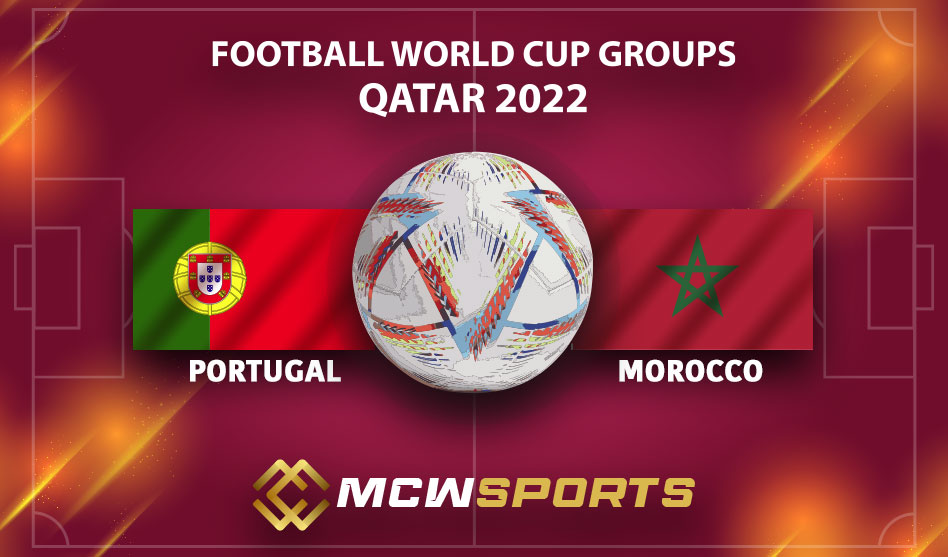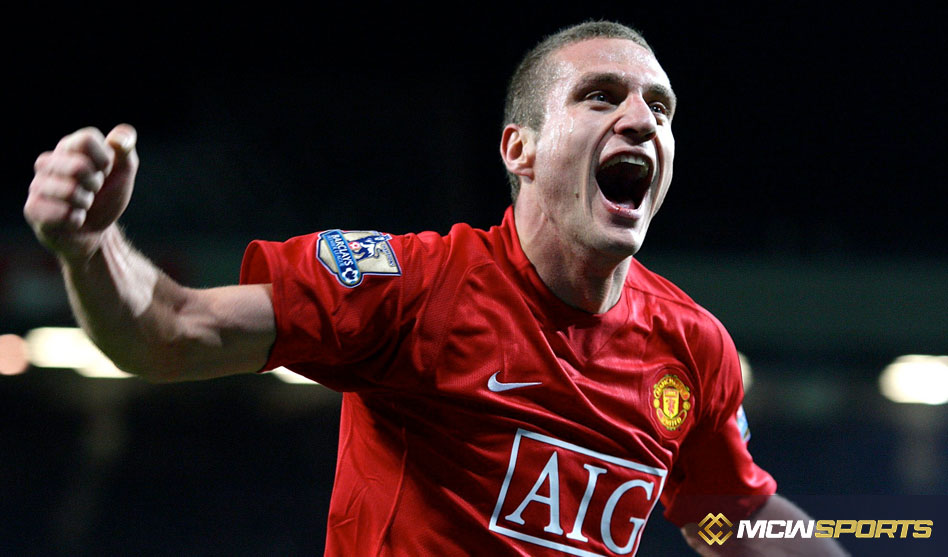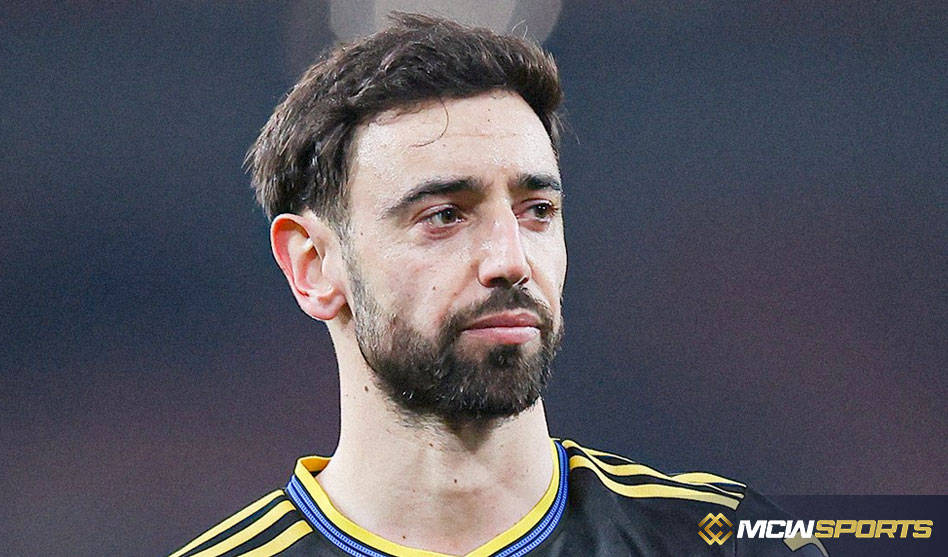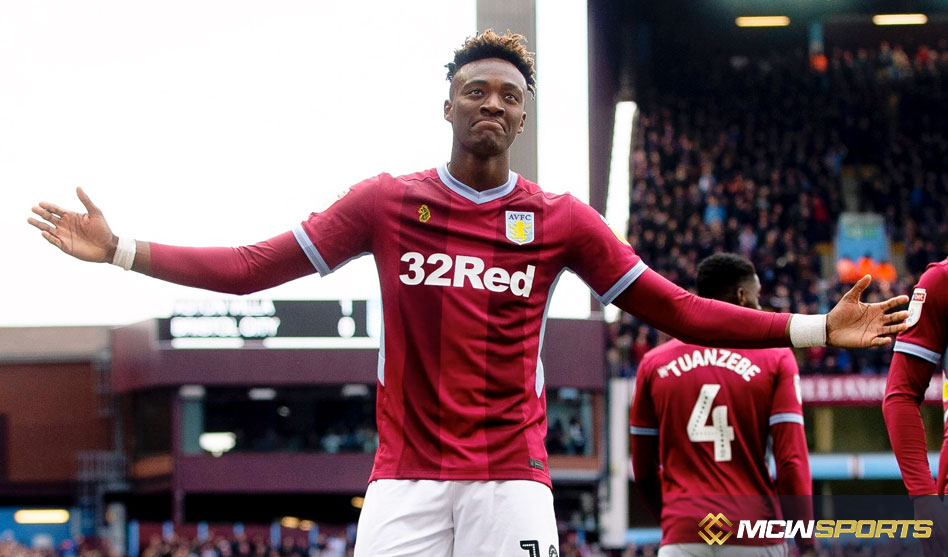This content has been archived. It may no longer be relevant
Having battled hard to resist the Spanish ‘death by a thousand passes’ approach, Walid Regragui’s side had sacrificed the bulk of possession to grind out a goalless draw and set the stage for a spectacular finale, during which goalkeeper Yassine Bounou saved two spot-kicks and joined Hakimi as an eternal icon in Rabat, Marrakech and beyond.
Becoming just the fourth African side to reach the last eight at a World Cup – and the first for 12 years – sent a packed Education City Stadium wild, as it was largely populated by Moroccan fans whose fervor has proved such a prominent feature of these finals.
The Atlas Lions’ only previous appearance in the last 16 came back in 1986, and Regragui’s men have not only broken new ground for their nation but also for the Arab world. In the process, they extended an unbeaten run in the World Cup to five matches and kept a remarkable sixth clean sheet from their last seven outings.
With the quality and commitment of Hakimi, fellow full-back Noussair Mazraoui, plus their center-backs and tireless midfielder anchor Sofyan Amrabat, a Morocco squad drawn partly from the diaspora has developed into one of international football’s meanest defensive units.
Fending off members of the European establishment such as Croatia and Belgium also saw them finish first in Group F earlier on in the campaign, so tackling Portugal should hold no fears for the quarter-finals outsiders.
Having battled hard to resist the Spanish ‘death by a thousand passes’ approach, Walid Regragui’s side had sacrificed the bulk of possession to grind out a goalless draw and set the stage for a spectacular finale, during which goalkeeper Yassine Bounou saved two spot-kicks and joined Hakimi as an eternal icon in Rabat, Marrakech and beyond.
Becoming just the fourth African side to reach the last eight at a World Cup – and the first for 12 years – sent a packed Education City Stadium wild, as it was largely populated by Moroccan fans whose fervor has proved such a prominent feature of these finals.
The Atlas Lions’ only previous appearance in the last 16 came back in 1986, and Regragui’s men have not only broken new ground for their nation but also for the Arab world. In the process, they extended an unbeaten run in the World Cup to five matches and kept a remarkable sixth clean sheet from their last seven outings.
With the quality and commitment of Hakimi, fellow full-back Noussair Mazraoui, plus their center-backs and tireless midfielder anchor Sofyan Amrabat, a Morocco squad drawn partly from the diaspora has developed into one of international football’s meanest defensive units.
Fending off members of the European establishment such as Croatia and Belgium also saw them finish first in Group F earlier on in the campaign, so tackling Portugal should hold no fears for the quarter-finals outsiders.
TEAM NEWS
After his very public demotion on Tuesday, Portugal’s most-capped player (195) and all-time leading goalscorer (118) Cristiano Ronaldo now finds himself consigned to the bench, and new Selecao star Goncalo Ramos starts up front instead.
Fernando Santos also omitted Joao Cancelo against Switzerland, favoring Raphael Guerreiro as left-back and Diogo Dalot on the right, and that selection may remain unchanged.
Another of his less-heralded inclusions, Otavio, should continue in midfield, while William Carvalho hopes to hold off the challenge of Ruben Neves to retain his place in the Portuguese engine room.
Meanwhile, Nuno Mendes was earlier ruled out of the knockout stages due to injury and Danilo is still a doubt. In the latter’s likely absence, Ruben Dias should partner 39-year-old Pepe at the heart of the back four.
In contrast to some chopping and changing in the Portugal lineup, Morocco has fielded a relatively settled XI throughout the finals.
However, Walid Regragui has several fitness concerns about some integral cogs in his well-oiled machine, none more so than West Ham United defender Nayef Aguero.
The ever-present center-back faced a race against time after he was taken off in tears during the victory over Spain, and captain Romain Saiss completed the game by strapping to his leg. Furthermore, Sofyan Amrabat played through the pain with a back problem.
Both full-backs have also experienced injury issues in Qatar, but if all are available, a side spearheaded by attacking trio Sofiane Boufal, Hakim Ziyech, and Youssef En-Nesyri will look very similar to that which eliminated La Roja.
Morocco’s possible starting lineup:
Bounou; Hakimi, Saiss, Aguerd, Mazraoui; Ounahi, Amrabat, Amallah; Ziyech, En-Nesyri, Boufal
Portugal’s possible starting lineup:
Costa; Dalot, Pepe, Dias, Guerreiro; B. Silva, Carvalho, Otavio; Fernandes, Ramos, Felix
Players to Watch
Morocco: Yassine Bounou
He was the Atlas Lions’ hero in the last 16, saving two penalties in the shoot-out – the other hit the post, but he seemed to have it covered anyway.
But even outside of penalty shoot-outs, Bounou is a key man for Morocco as a dependable goalkeeper who was even nominated for FIFA’s Yashin Trophy – the prize given to the world’s best keeper – earlier this year.
Portugal: Concalo Ramos
Will Fernando Santos stick to his guns and keep Ronaldo on the bench? Judging by the team’s performance against Switzerland, he should.
Ramos had a hand in four goals against the Swiss and his hat-trick in 74 minutes was more knockout goals than Ronaldo has ever managed in the knockout stages of the World Cup (none in 531 minutes).
Morocco vs Portugal Prediction
Portugal is the firm favorite here, with Santos’ side having a 55.8% chance of progressing to the semi-finals in the 90 minutes.
Morocco has an 18.8% likelihood of winning in normal time, with the draw and extra time, possibly followed by the dreaded penalty shootout being rated at 25.4%.
Then, while the Atlas Lions are the underdogs, they have a good opportunity to at least force extra-time, which did not work out too badly for them last time.
Match prediction: Portugal to win.

 English
English










